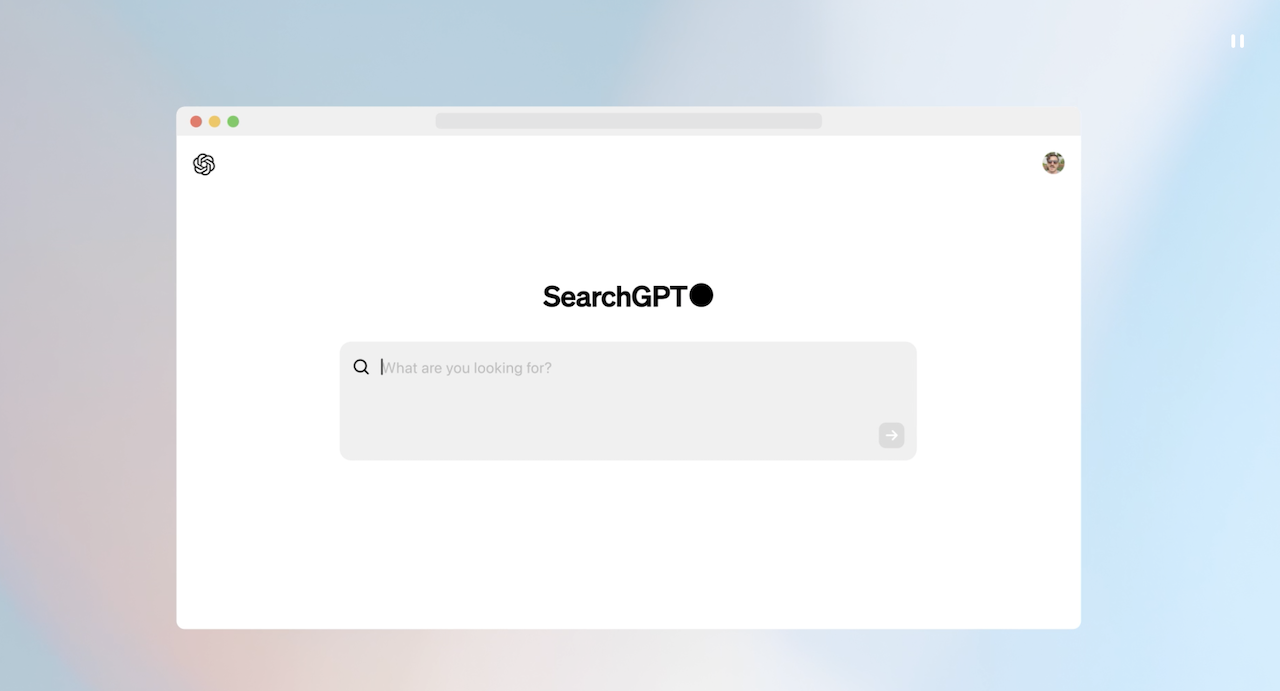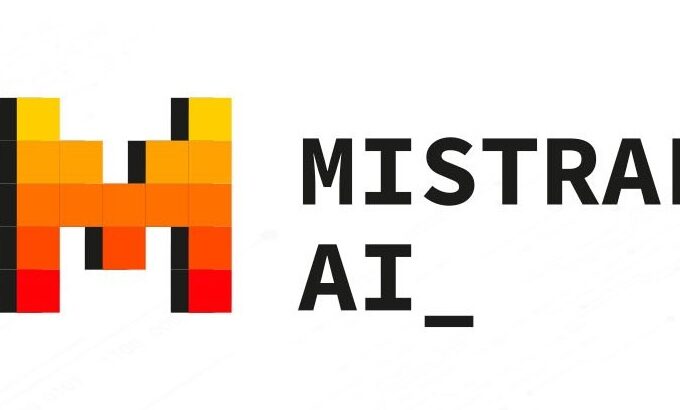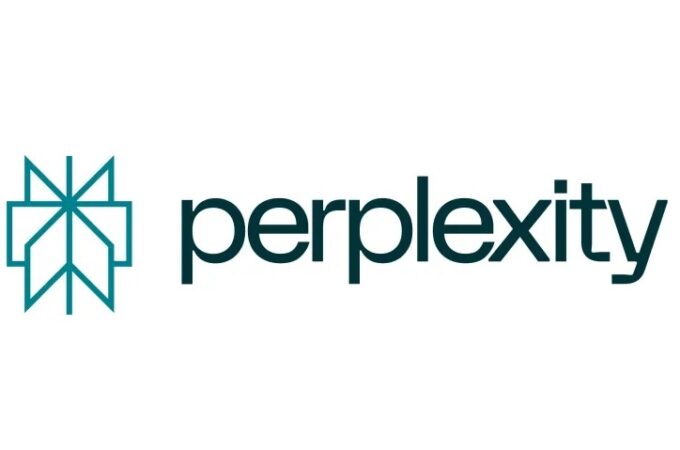
OpenAI Unveils SearchGPT, Challenging Google’s Search Dominance
OpenAI, the company behind the popular ChatGPT, has announced a prototype AI-powered search engine called SearchGPT, potentially challenging Google’s long-standing dominance in the search market. This move signals a significant shift in the AI and search landscape, with implications for both tech giants and the wider publishing industry.
SearchGPT aims to provide users with “fast and timely answers with clear and relevant sources,” according to OpenAI’s blog post. The prototype combines the strength of OpenAI’s AI models with real-time web information, offering a more conversational and intuitive search experience. Users can ask follow-up questions and build context throughout their search session, similar to interacting with ChatGPT.
Currently, SearchGPT is being tested with a small group of 10,000 users and select publishers. OpenAI plans to integrate the best features of SearchGPT directly into ChatGPT in the future, potentially creating a powerful multimodal AI tool capable of handling various types of media and providing comprehensive search results.
The announcement has already had a noticeable impact on the stock market, with shares of Alphabet (Google’s parent company) and Microsoft both falling by approximately 3% following the news.
One of the key challenges for AI-powered search engines has been balancing innovation with responsible use of publishers’ content. OpenAI appears to have learned from previous controversies in this area. The company emphasizes that SearchGPT will prominently cite and link to publishers in search results, with clear, in-line attribution. Additionally, OpenAI is partnering with various news organizations, including News Corp and The Associated Press, to enhance content accuracy and reliability.
To address concerns from publishers, OpenAI is introducing tools that allow website owners to manage how their content appears in search results. Importantly, the company states that sites can be surfaced in search results even if they opt out of generative AI training, separating the search functionality from the training of OpenAI’s foundation models.
As the AI search wars heat up, with Google, Microsoft, and startups like Perplexity also in the race, the introduction of SearchGPT could potentially reshape how users find and interact with information online. However, OpenAI faces significant challenges in scaling its search engine to handle billions of queries daily while ensuring accuracy and reliability.



